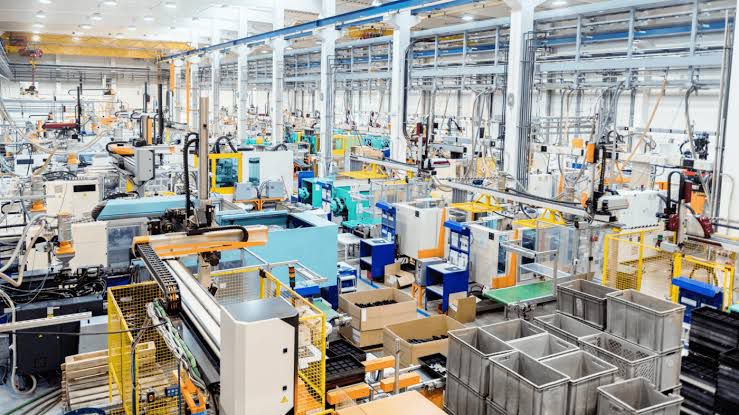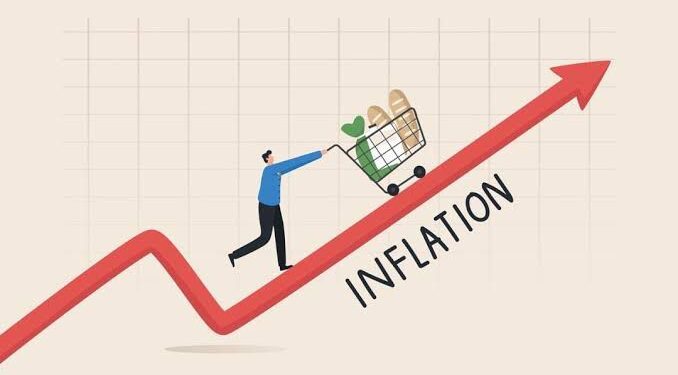To truly understand the importance of prioritizing growth over inflation in the Nigerian context, we must delve into the economic landscape of the nation and analyze the current challenges faced by policymakers and citizens alike. Inflation has been a persistent issue in Nigeria, plaguing the economy and causing hardship for many. The government has often focused its efforts on combating inflation through measures such as tight monetary policies and exchange rate management. While these strategies can be effective in the short term, they do not address the root cause of the problem.
The real issue lies in the lack of overall economic growth and productivity in the country. Nigeria has a huge potential for growth and development, with a large population, abundant natural resources, and a skilled workforce. However, the economy has been hampered by a heavy reliance on imports, a lack of investment in key sectors, and a tendency towards short-term fixes rather than long-term sustainable development.

By shifting the focus from fighting inflation to promoting growth, Nigeria can unlock its true potential and position itself as a leading economy in Africa. One key aspect of this shift is to prioritize local production and manufacturing over imports. This will not only create jobs and stimulate economic activity but also reduce the country’s reliance on foreign goods and services. Additionally, by investing in infrastructure, education, and innovation, Nigeria can boost its competitiveness on the global stage and attract much-needed foreign investment.

Furthermore, addressing the issue of inflation through growth-oriented policies will lead to more sustainable and inclusive economic development. When the economy is thriving and businesses are growing, wages are likely to increase, living standards will improve, and poverty rate will decline. This holistic approach to economic management will benefit all Nigerians, from the grassroot level to the top echelons of society.
In conclusion, the choice between inflation and growth is a false dichotomy. By prioritizing growth, Nigeria can tackle inflation, create jobs, reduce poverty, and achieve long-term prosperity for all its citizens. It is time for policymakers to shift their focus from short-term fixes to sustainable development and embrace a new vision for Nigeria’s economic future. Only then can the nation truly fulfill its potential and become a beacon of success and progress in Africa and beyond.
































